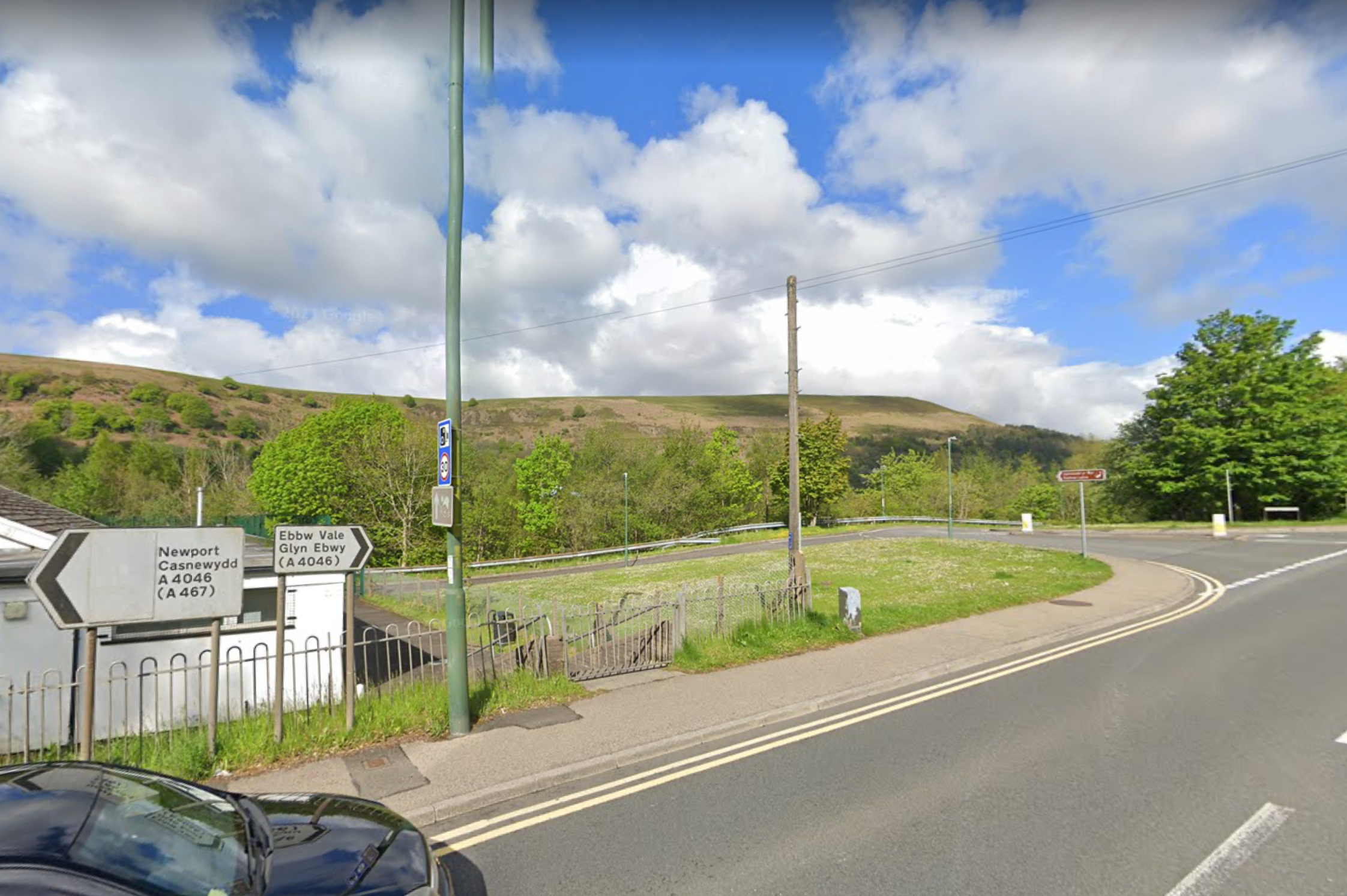Driver accused of killing 65-year-old woman was tuning his radio, court told
His defence team say he suffered total loss of control caused by a type of severe sleep apnoea

A driver accused of killing a 65-year-old woman and seriously injuring her husband in a crash in South Wales told witnesses he had been “tuning his radio” moments before the impact, a court has heard.
Iestyn Jones, 54, from Tredegar, denies causing death by dangerous driving after veering into oncoming traffic on the A4046 Cwm road, near Ebbw Vale, on July 6 last year.
The college lecturer now claims to have no memory of the moments leading up to the fatal collision, and his defence team say Jones suffered total loss of control caused by a type of severe sleep apnoea.
Shirley Culleton, from Cwmbran, who was a passenger in the car Jones hit, died of her injuries a day after the incident in University Hospital of Wales.
Her husband, Michael Culleton – who was driving their red Suzuki Swift, was taken from the scene to the nearby Nevill Hall Hospital and was “tragically never to see his wife again”, prosecutor Lawrence Jones said.
Mr Culleton remained in hospital for seven weeks while he was treated for extensive injuries including a broken pelvis, broken ribs and lacerations to his kidney.
During the first day of the trial at Newport Crown Court on Monday, the jury heard how Mr and Mrs Culleton had been heading south bound down the bypass just after 1pm when they noticed the defendant’s Hyundai IX3 drifting into their carriageway.
A number of other drivers also noticed Jones’ vehicle on the wrong side of the road, including the driver of a silver Ford Fiesta which was in front of Mr and Mrs Culleton.
Stephen Williams, the owner of the Fiesta, said he swerved to avoid Jones when he realised he was not going to pull back over.
In a statement to Gwent Police that was read to the court, Mr Williams said: “I realised the driver hadn’t seen me and was going to hit me. After pulling my steering wheel to the left I heard the vehicle hit me and then there was a loud bang.”
According to data collected from the defendant’s car, he was travelling at 57mph when he hit Mr Williams’ car.
Prosecutors say Jones then made no attempt to break before next smashing into the Suzuki Swift.
Those who came to the aid of the motorists involved, including an army medic, said they spoke to Jones, who was conscious and appeared uninjured, and he told them he had been “messing around” with his radio.
He then told the first police officer on the scene he was attempting to tune his radio when the crash happened.
Days later, in a police interview, Jones said he could not remember driving down the stretch of road, and remembered he had tuned his radio minutes before on a different road.
Answering questions about his admissions to witnesses at the scene, he told investigators: “I don’t think I realised what I was saying, if I did say it.”
He insisted he was a “careful and conscientious” driver.
Mr Jones, prosecuting, said: “The defendant is no longer willing to admit that he was distracted by retuning his radio.”
He added: “This was no tragic unavoidable accident, this was a fatal episode of dangerous driving.”
Matthew Roberts, defending, said his client had a clean driving record and would be calling an expert witness to the testify that Jones suffered a severe obstructive sleep apnoea episode on the day of the crash.
Jones has said he was suffering with headaches before and after the crash, but has at no other time experienced an episode of obstructive sleep apnoea.
Mr Roberts said: “This was obviously an exceptionally tragic incident with utterly devastating consequences. But the issue in this case is whether the driving of this defendant you are sure amounted to a criminal offence.”
The prosecution will call an expert witness to contest the defence argument.
The trial will continue on Tuesday with the evidence of forensic collision expert Chris Goddard.
Bookmark popover
Removed from bookmarks